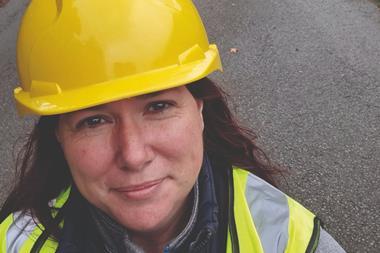The way we use offices has changed, but how we value them has not kept up. Gone are the days of the 25-year lease amid the desire for flexibility in turbulent times. While some landlords might wish for the long-term certainty of a predictable rent cheque each month, the reality is that tenants now have a strong negotiating hand and a landlord might experience voids.

Historically, value came from long leases with strong covenants.
Today, in a market of shortening leases, it is high demand and limited voids that show the attractiveness of space.
Many tenants will happily pay a premium – often 10% to 15% or more – for hassle-fee occupation where they avoid high entry costs such as fit-out and have clarity on expenses.
Yet this will not suit all tenants, who may want to personalise their premises or manage their outgoings.
Landlords are, therefore, adapting, often implementing a hybrid option where some floorplates are let on traditional leases while others are let as managed or co-working space – in essence, ‘plug and play’.
Valuation methods have not kept pace with this innovation in the occupational model.
Joining the steady income of traditional leases is that of serviced offices and managed spaces with shorter, more flexible terms.
Therefore, a three-yearly review of accounts to determine value is unfit for purpose. If recent turmoil does not make that clear, the number of changes in an office building’s use and its income potential do. Valuation needs to be hands-on, potentially with monthly or quarterly account reviews.
And it will be worth it for landlords. Market evidence suggests buildings with hybrid models are achieving premium values.
Flexible workplaces enable quick turnover between tenants, thus reducing rent-free periods and voids, especially long-term ones; and diversified income means the risk is spread.
Flexible occupation is here to stay, and investors are becoming increasingly comfortable with it. Valuers need to become equally comfortable to ensure we accurately capture reality.
Gareth Hosgood is a partner at Allsop specialising in commercial valuations
































No comments yet